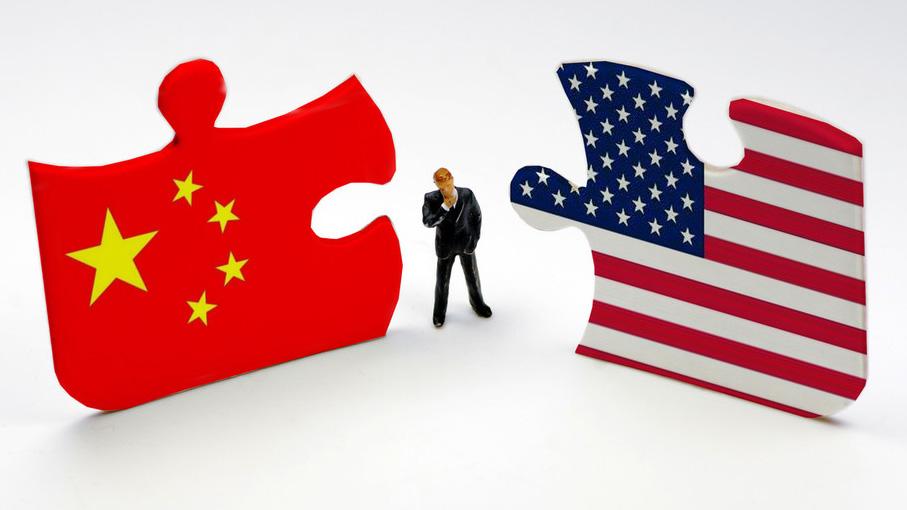A global trade policy conference was recently held in Shanghai where 37 of the world’s prominent economics and legal scholars released a joint statement on how to resolve the current conflicts between the US and China. It urges policymakers to reject the choice between requiring that China adopt a Western-style market economy and forcing a potentially catastrophic “decoupling” of the two economies. Instead, the two countries should be given more flexibility of making their own economic, technology and social policies. Moreover, a new set of trade rules must be formulated to prevent any economy from adopting a beggar-thy-neighbor policy.
Yao Yang, Dean of National School of Development of Peking University, co-hosts of the conference, shared his thoughts at the event on China’s new role in global trade.
One of the reasons why China and the US are in a deadlock over trade is many Americans do not understand why they should let China keep its own style of running its economy rather than demanding that it be more like the US, he said.
China is still a developing country. Its GDP per capita is only one quarter of the US. Economic growth is still a high priority for China and its government still has a big role to play in mobilizing and distributing resources, among other issues. China is pursuing economic reforms. It has chosen to do it slowly and steadily over the past 40 years. The world should give it time to find its own way, he noted.
The joint proposal advises when a mutually beneficial bargain cannot be negotiated, China and the US each may implement well-calibrated domestic policy adjustments to reduce or minimize harm to their domestic economy, provided the remedy used is proportionate, well-targeted and not raising the stakes of the trade war.
If the world is to allow China to maintain its unique economic system, it does not mean China may act unilaterally without thinking of what its policies are affecting other countries. China has been one of the biggest winners, if not the biggest, of the globalized economy in the past 40 years. This is because China did the right thing by opening its economy to the world, but it also has the US to thank for backing its admission to the World Trade Organization. China owes a major portion of its growth to being a member of the WTO, Yao said.
But as it grows, its roles are also changing. China is no longer a small country in terms of economy or influence. The world is feeling its influence. The US is feeling it, and there have been frictions and counteractions as a result. So China needs to change its international paradigm. As it pursues its own interests, it will have to think about what its policies are doing to the rest of the world. It has been a follower of the trade rules. As a big, influential player in the game, China must be part of the rule-making now, Yao stressed.

 Old Version
Old Version